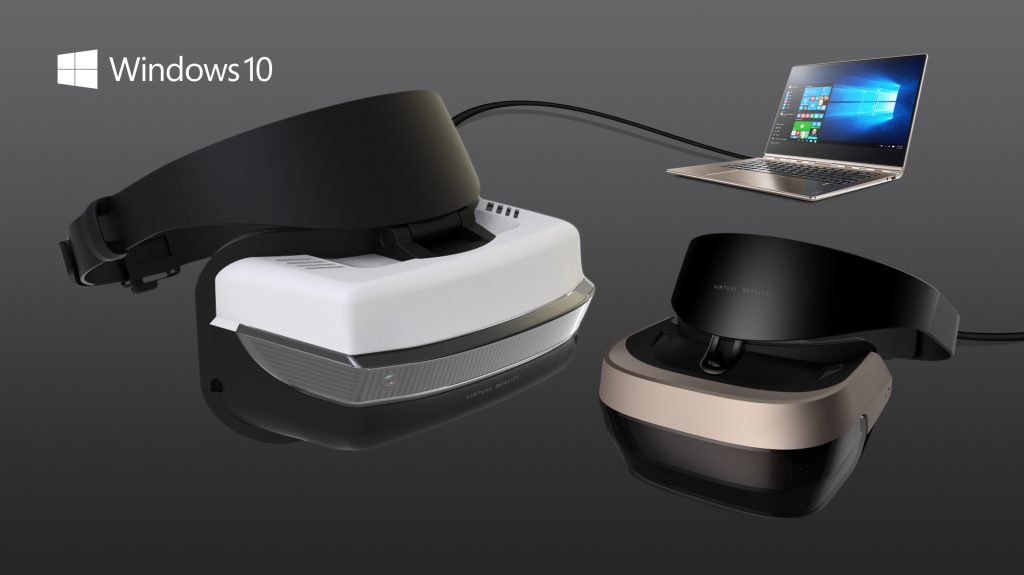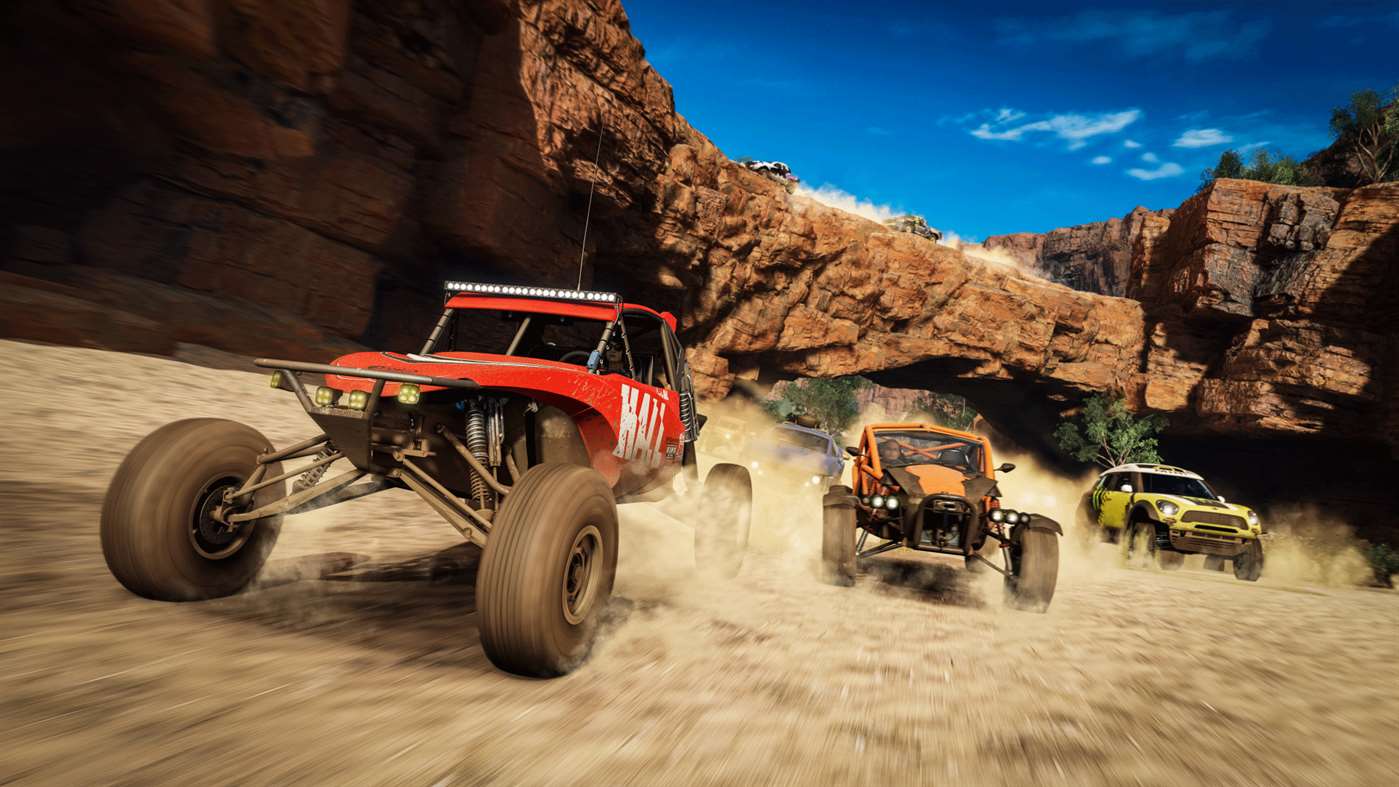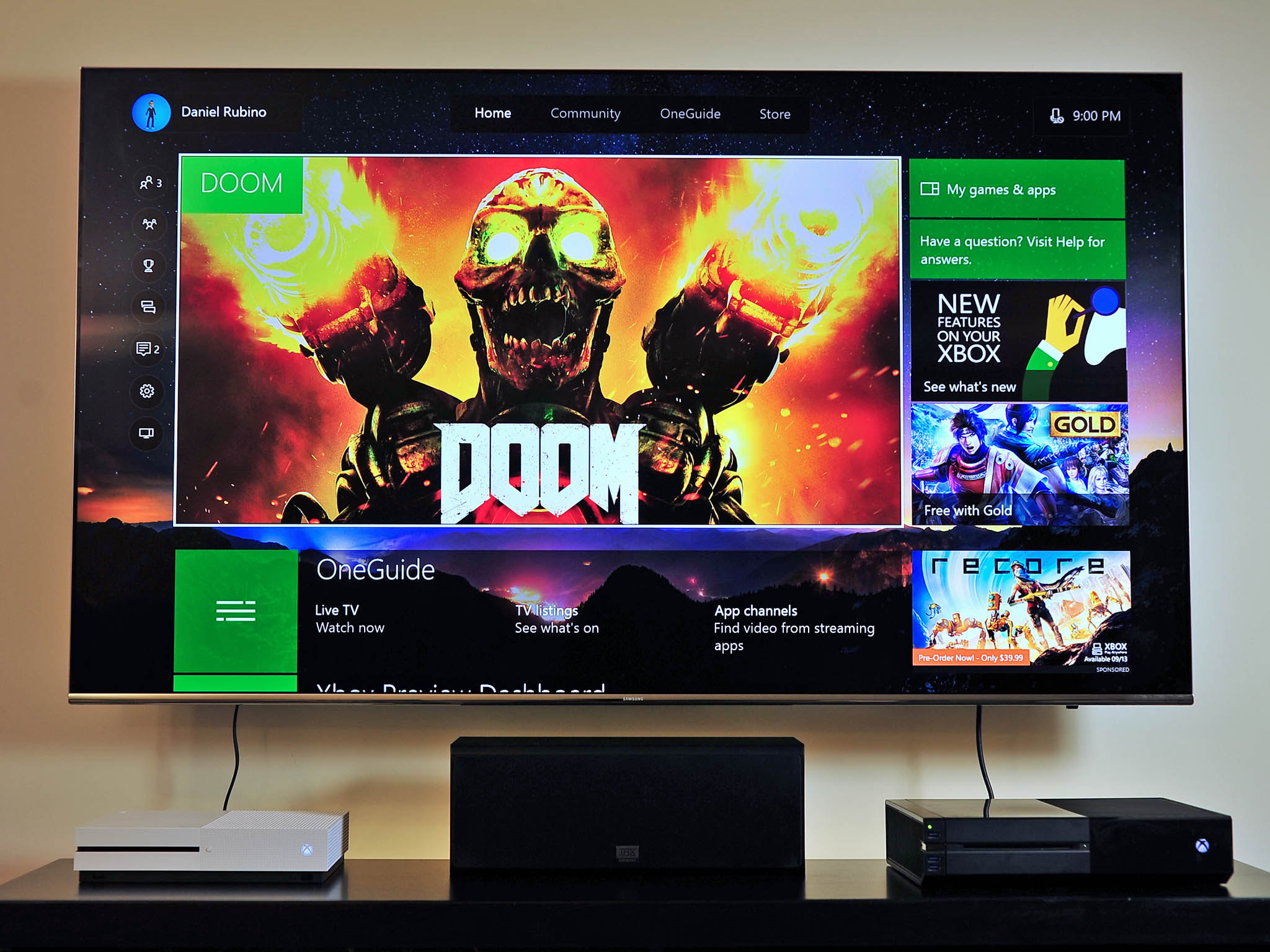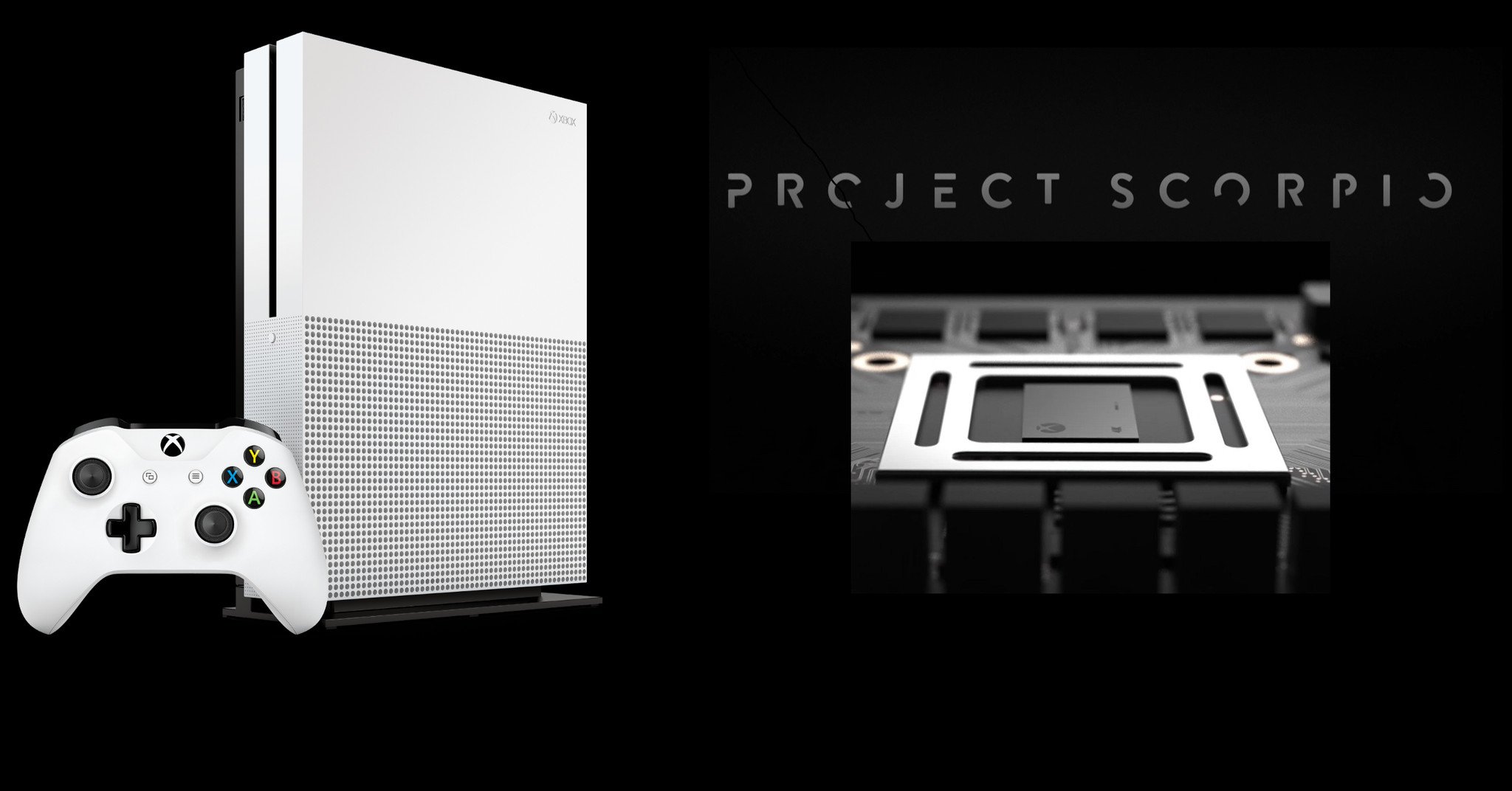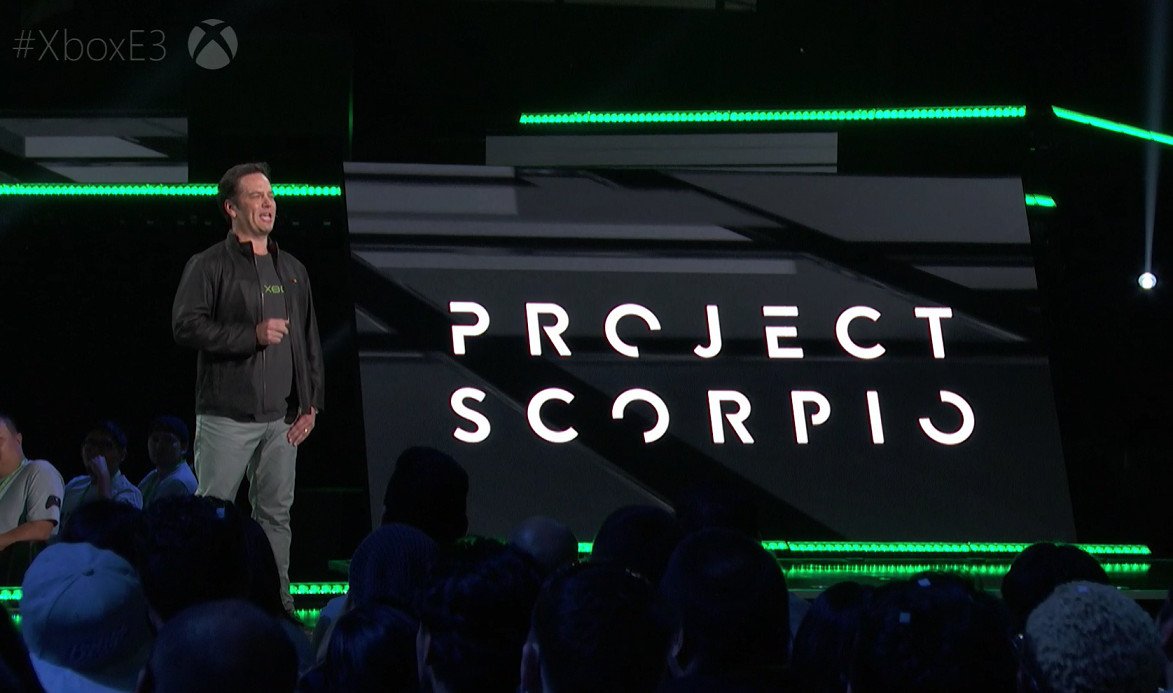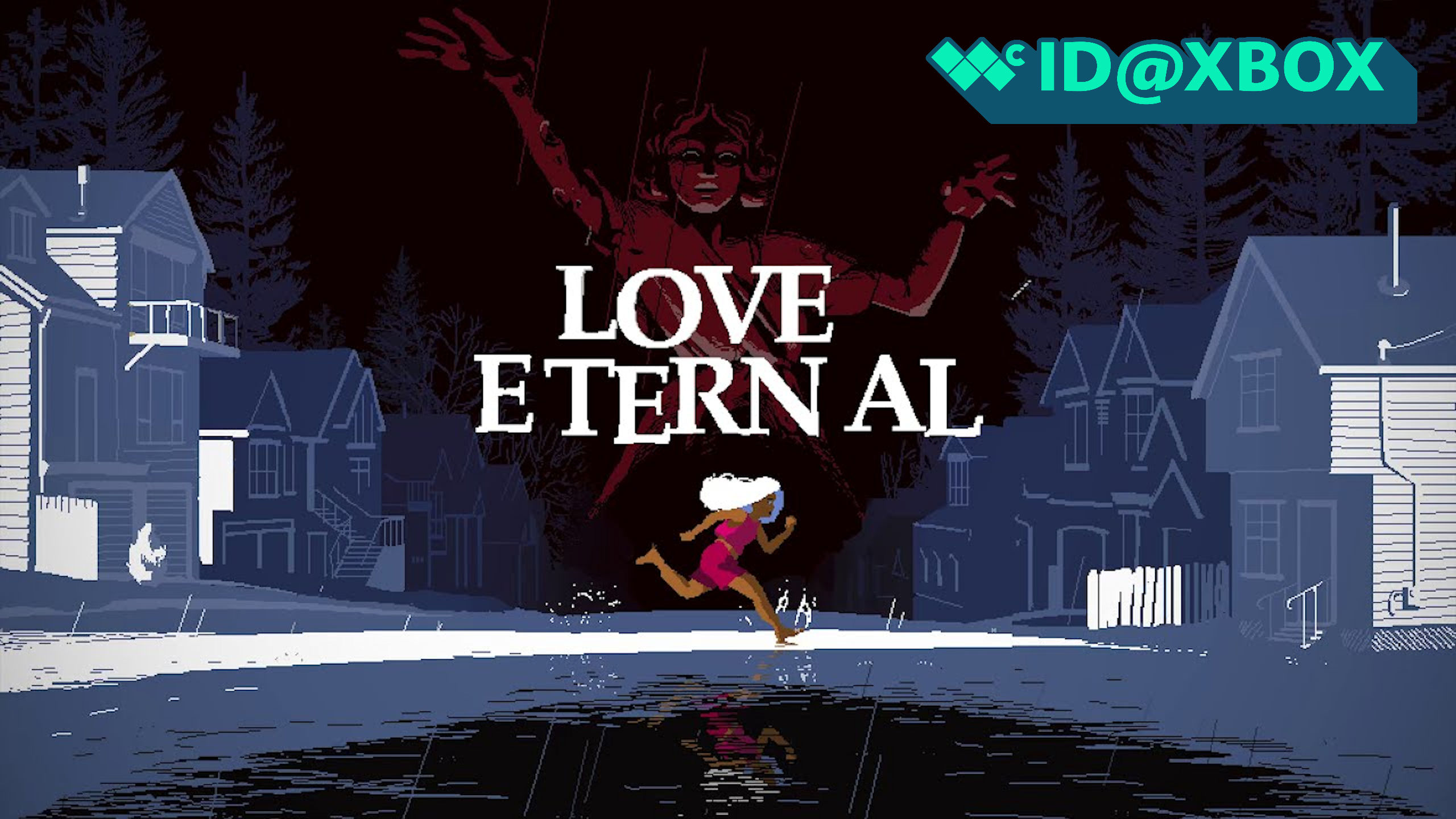Everything we know about the next Xbox, 'Project Scorpio'
At E3 2016, Microsoft announced "Project Scorpio" — the beastly next Xbox.
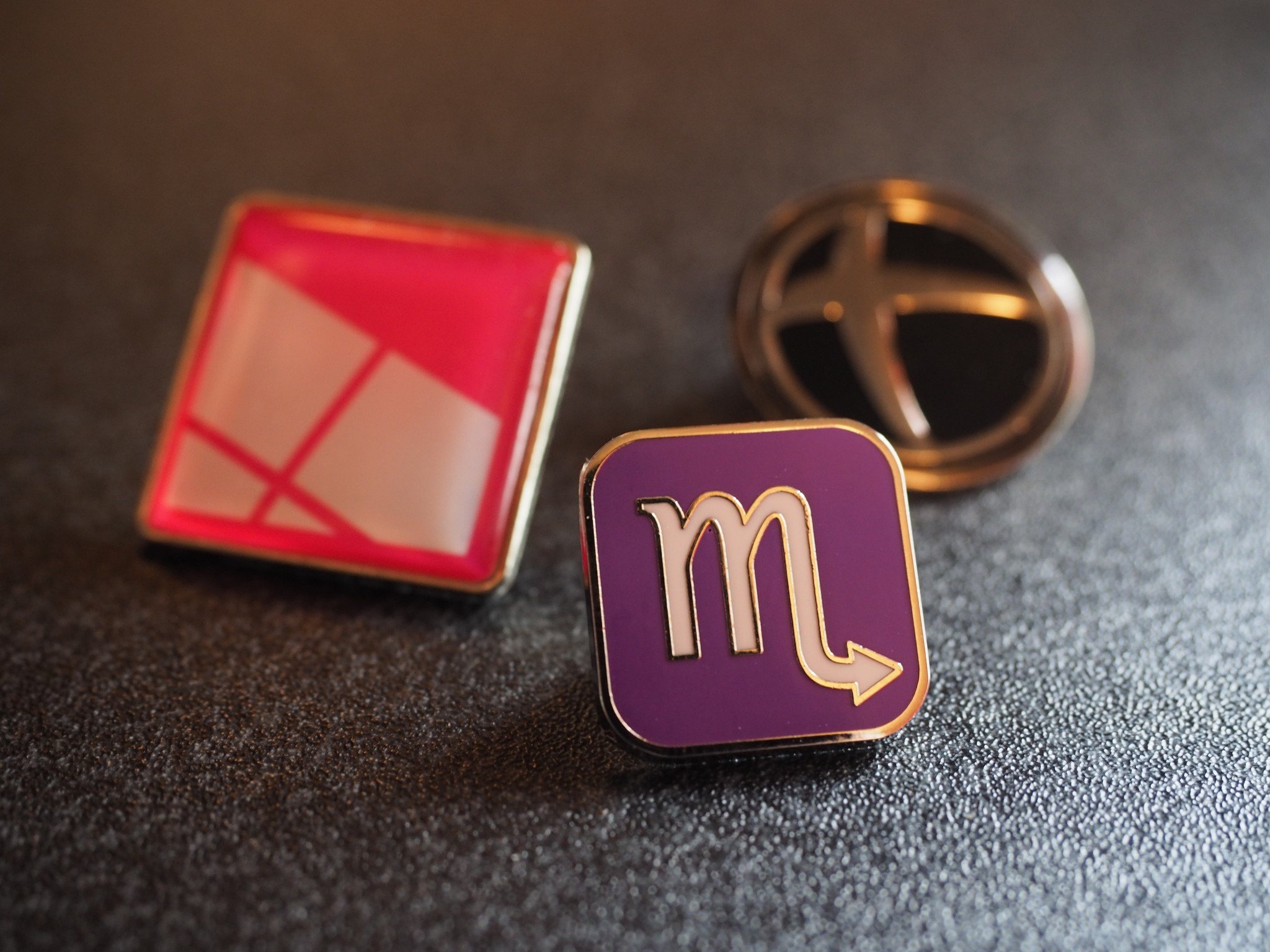
While we know a decent amount about Project Scorpio, the next Xbox is still somewhat of a mystery, and some of the information we unearthed has raised more questions than answers.
Will all of your Xbox One games work on Scorpio? What will Scorpio cost? Is Project Scorpio simply an Xbox One with boosted internals, or something more? Here's everything we know so far, along with a collection of educated guesses.
Updated March 21, 2017: We updated this article to include the latest information on Project Scorpio, including details on its internal PSU, 1080p supersampling, and 4K game DVR.
What we know about Project Scorpio
Unveiled at E3 2016, Project Scorpio is the next Xbox, and it will be a generational leap like no other. Project Scorpio is slated for a holiday season 2017 launch.
Project Scorpio will be the most powerful console ever made
Microsoft claims that Scorpio will rock six teraflops of computational power and 320GB/s of memory bandwidth. Microsoft is aiming for uncompromising 4K UHD resolution gaming with Project Scorpio. The current Xbox One has a peak throughput of only 1.3 teraflops with a theoretical maximum of 200GB/s of memory bandwidth, making Scorpio potentially more than 4.5 times more powerful than the Xbox One.
Project Scorpio will power high-fidelity VR experiences
Microsoft is also making a virtual reality (VR) play with Scorpio, noting that the next Xbox will power high-fidelity VR gaming. Presumably, the "high-fidelity" part of this statement alludes to bigger games more befitting of Oculus Rift, PSVR, and HTC Vive, rather than the VR "experiences" seen on mobile devices.
At GDC 2017, Microsoft revealed that the first Windows Mixed Reality development kits, based on Acer's HMD will become available towards the summer. The Acer headset is the first of many partner headsets Microsoft revealed in October 2016.
All the latest news, reviews, and guides for Windows and Xbox diehards.
Project Scorpio will be backward and forward compatible with the Xbox One
This includes accessories, all games, and Xbox 360 backward compatibility. Besides VR experiences, Microsoft confirmed to us at E3 2016 that Project Scorpio will have no exclusive games. Instead, games will scale dynamically between Xbox One and Project Scorpio, unpacking more complex assets when the game detects it's being installed for Project Scorpio.
Project Scorpio will share an OS with the Xbox One
It will leverage all the same features, including Universal Windows Platform (UWP) apps and features, Cortana, background music support, and beyond. We revealed back in November that Microsoft was working on a refreshed dashboard without Snap Mode. We believe that Scorpio will be updated with Windows 10's Compact Overlay Mode, bringing the functionality in line with the UWP toolset.

Project Scorpio will feature, UHD Bluray, 4K game DVR and streaming capabilities
In March, we revealed that Project Scorpio will leverage the latest HEVC codecs to encode video game footage in 4K for creating clips and streaming to Beam and, presumably, other services. We also received confirmation from our sources that it will feature an Ultra-HD Blu-ray player. These features will help Microsoft slam home the narrative that Scorpio is a true 4K machine.
Project Scorpio will have an internal power brick
This is probably an obvious one, but we've also heard from reliable sources that Scorpio will have an internal PSU, ditching the hulking power bricks of the Xbox 360 and original Xbox One.
Microsoft has really stepped up its hardware game in recent years, seeing devices like the Surface Studio, HoloLens, and Xbox One S emerge from the labs at Redmond. You can expect Scorpio to follow the same levels of industrial build quality as the Xbox One S.
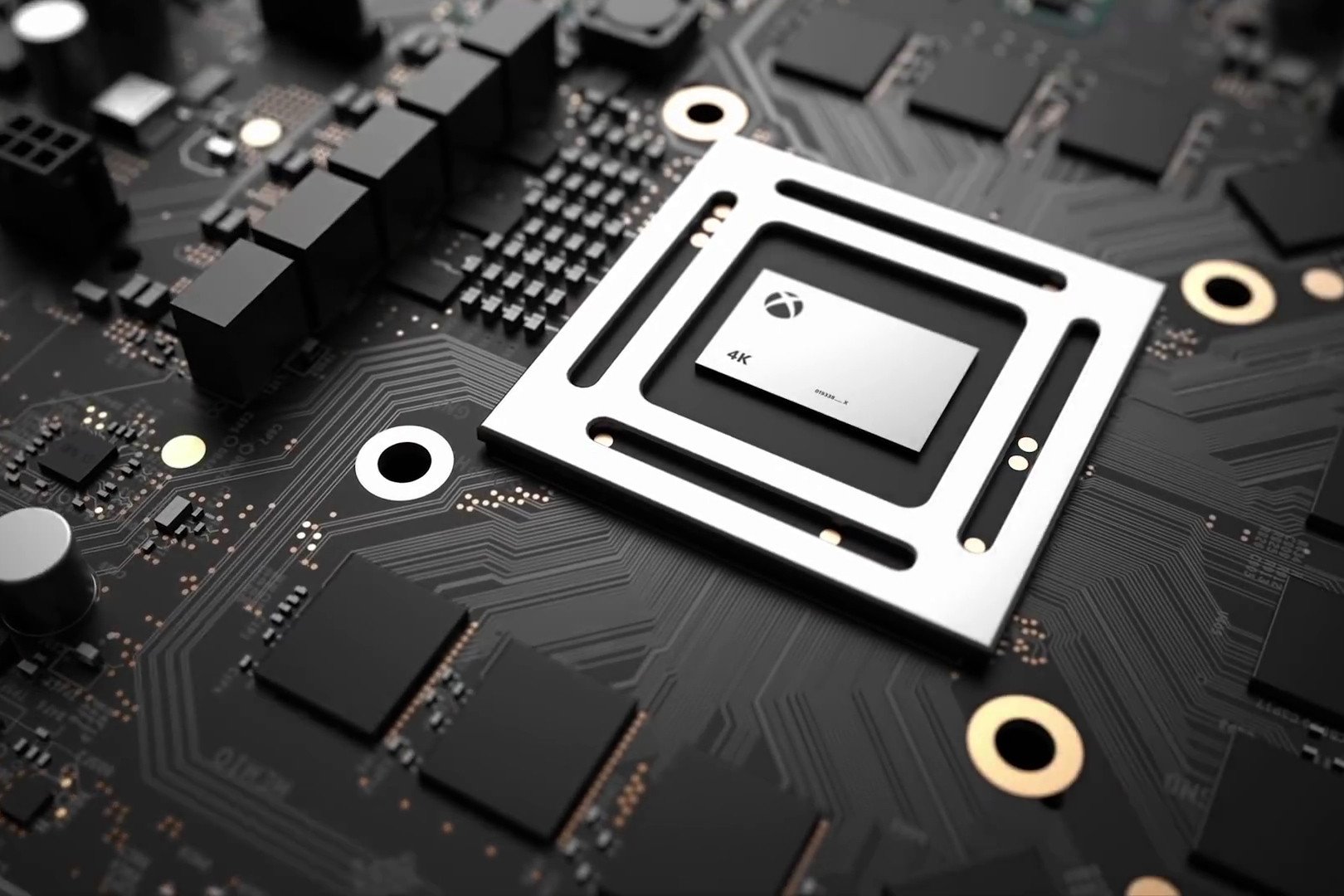
We don't know every feature Scorpio will have. Will there be a new Kinect? Will there be an Amazon Echo-like voice play? IoT devices using Microsoft Homehub? I think it's safe to say Microsoft still has a few secrets up its sleeve, and Scorpio could certainly get a Surface-like plot twist that differentiates it for its chief competitor, the PlayStation 4 (PS4) Pro. Stay tuned for more information as we get it.
What does Project Scorpio mean for games?
Console generations as we know them are officially over. In an age where digital licenses are becoming more and more prevalent, Microsoft and Sony are leading us into a future where content is king, transferring between devices and scaling as appropriate. This shift is primarily to allow for shorter console cycles to take advantage of the rapid march of technology. The gulf between current-gen console and PC hardware should, in theory, be a little smaller for those willing to spend the cash.
Games on Scorpio will run better, and look nicer. They will take advantage of advanced anti-aliasing techniques, with higher quality shadows, lighting, and of course, resolution. Textures will load faster, the scenery will look sharper, and the density of foliage should be higher. Switching between the Xbox One and Project Scorpio versions of a game should be akin to switching games like Forza Horizon 3 and Gears of War 4 from medium to high, or even ultra settings. That said, there have been suggestions that Project Scorpio and Xbox One games will forcibly share frame rates to prevent competitive advantages, but we've received some indication that that could be false. We've asked Microsoft for clarification and will let you know if it comes.
When a game is installed on an Xbox console, it will detect what hardware is present and unpack the correct visual assets and features. Developers will have to enable those experiences, of course, and many of them might not see it as a worthwhile effort to make. Todd Howard of Bethesda and Fallout 4 fame and Patrick Bach from DICE of Battlefield, were both featured in the Scorpio reveal trailer, indicating that at the very least, Fallout 4 and Battlefield 1 will receive 4K versions on Project Scorpio. It's fair to expect that most, if not all first-party games will receive the Scorpio treatment. So expect Gears 4, Forza, and Halo Wars 2 to look stunning on Scorpio.
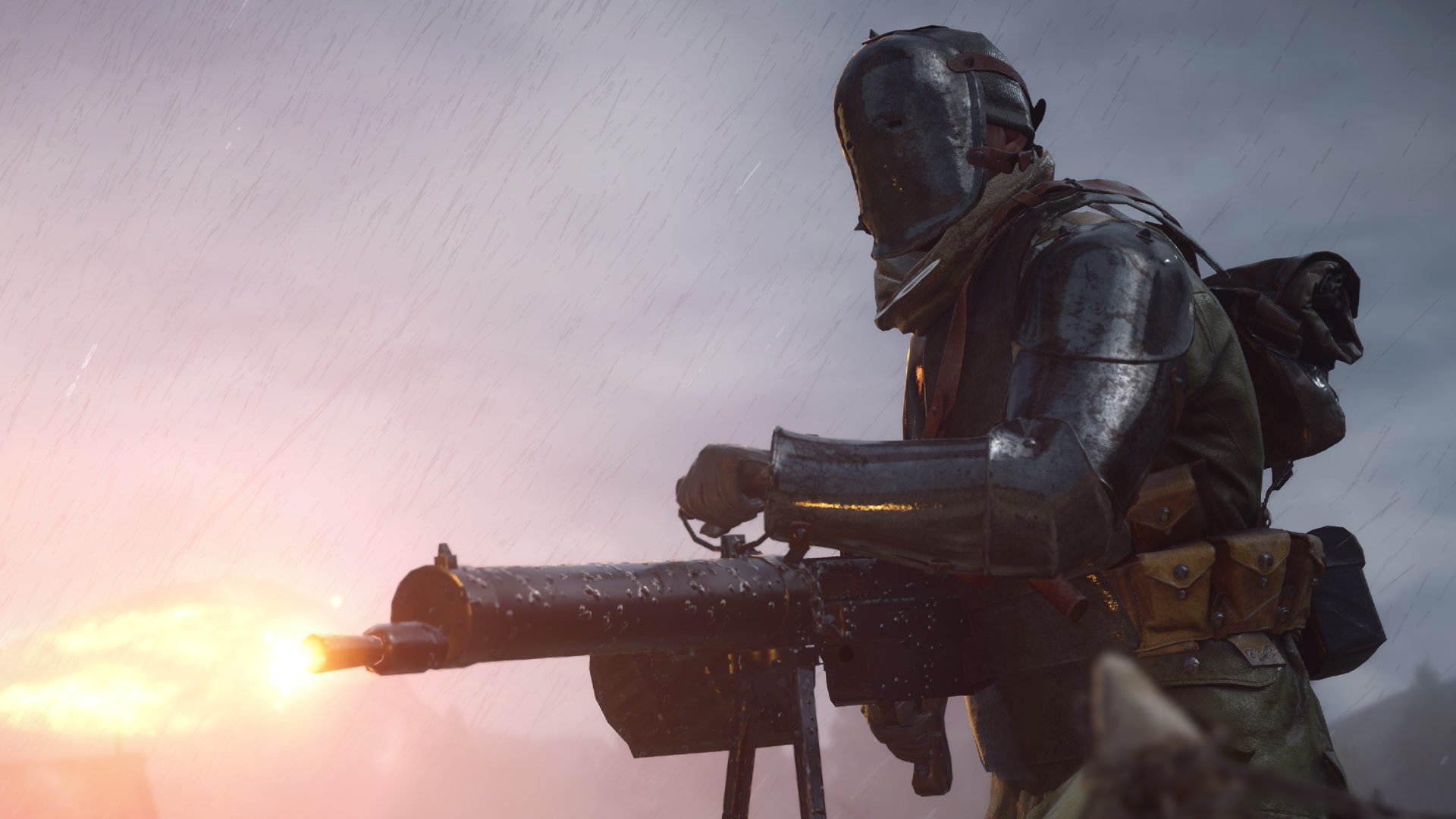
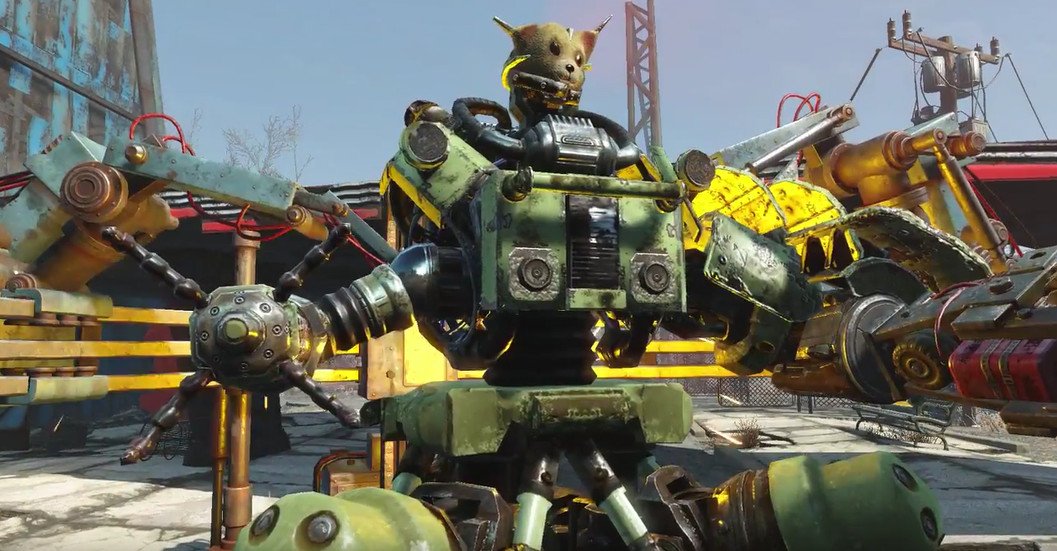
Making sure Scorpio has a solid launch lineup of enhanced games should be high on Microsoft's agenda.
It remains to be seen just how many titles will get patches to support Scorpio's hardware, and making sure Scorpio has a solid launch line-up of enhanced games should be high on Microsoft's agenda.
Do you need a 4K TV?
Yes, mostly. To see the benefit of sharper resolutions above 1080p, you will need a 4K television. But some information we received recently has changed the game a little.
We've received reliable information that suggests games with 4K assets will leverage supersampling to produce a smoother image even on 1080p screens. Additionally, games that use dynamic resolution scaling should look nicer on Scorpio, hitting their target resolutions and frame rates more often than they might on the Xbox One's hardware.
However, Xbox chief Phil Spencer noted that Project Scorpio developers won't necessarily be required to hit a 4K resolution with their games. They could opt for sub-4K resolutions, perhaps targeting 1080p, choosing to use the extra flops to pile on more intensive visual effects and techniques instead, at which point people without a 4K TV will see some benefits. It seems unlikely that developers will go down this route, though.
Project Scorpio will also probably be much faster for running apps, multi-tasking, and navigating the dashboard in general, although I'm not sure many will find it worthwhile to buy an entirely new console to gain a bit of speed in these areas.
We know that UWP games like Forza Horizon 3, Gears of War 4, and ReCore are 4K-ready for Project Scorpio, thanks to the unified development platform between Windows 10 and Xbox. At the very least, you should expect most recent Microsoft Studios games to target a full 4K resolution, and thus, a 4K TV.
More: Best 4K TVs for Xbox One S and Scorpio.
Project Scorpio should mean closer ties between Xbox and Windows 10
Windows 10 and Xbox will get even closer following the launch of Scorpio. Microsoft began to bridge the divide between the Xbox One and PC at the start of this generation and completed the convergence in 2016 by allowing developers to target Xbox One with their apps and games as part of UWP. The Xbox app for Windows 10 already gives us the majority of the social features available on the console, with Beam.pro streaming, deeper customization in the form of new avatars, custom gamer pics, and much more on the horizon for Windows 10, Xbox One, and Project Scorpio.
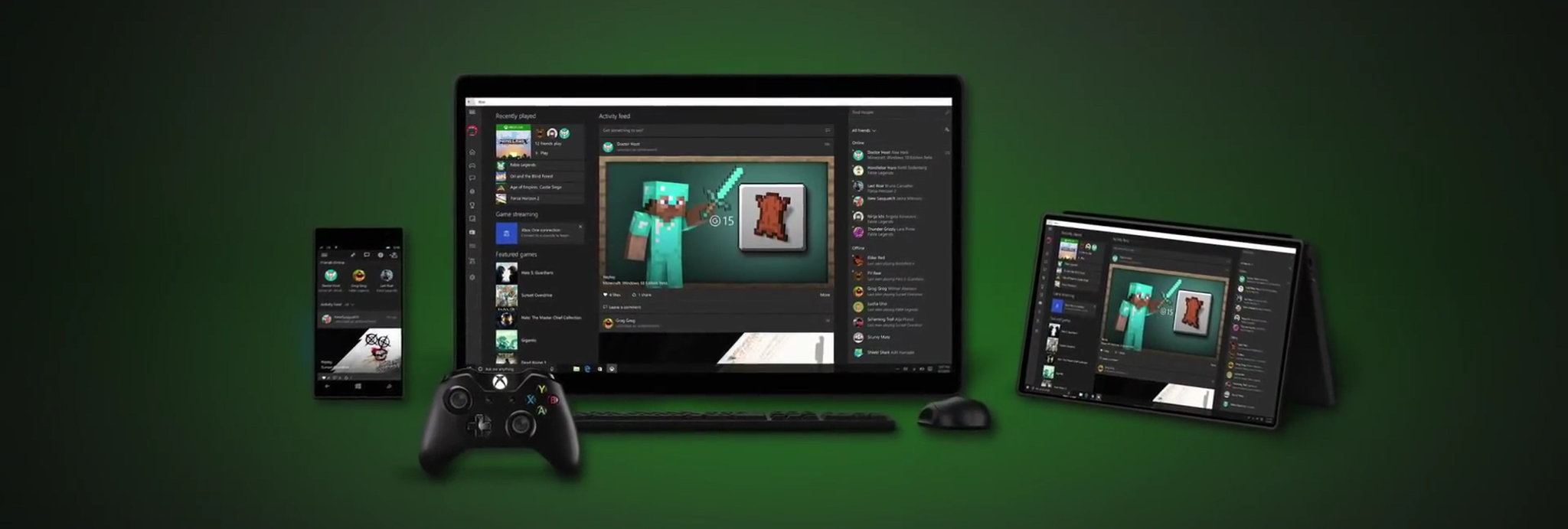
If Microsoft achieves its goals to make Project Scorpio a one-stop-dev-shop, Xbox-integrated games should be hitting the Windows 10 Store in greater numbers. As far as third-party developers are concerned, only a few indie outlets have taken advantage of the integration between Windows 10 and Xbox One, allowing owners of Everspace and Astroneer to roam between devices.
As UWP becomes the preferred mechanism for developing games that scale between Xbox One and Project Scorpio, Microsoft hopes developers will also see this as an opportunity to target the Windows 10 Store, as it will be a comparatively small task to bring a 4K Project Scorpio title to the Windows 10 Store for PC.
How much will the Project Scorpio Xbox cost?
Microsoft has described Scorpio a number of times as a "premium product," leading some to speculate that the console will have high-end PC-like pricing, but Spencer slapped down some of the more insane estimates.
When we designed Scorpio, we really thought about this balanced rig that could come together at a price-point. Like, I want Scorpio to be at a console price-point, I'm not trying to go and compete with a high-end rig. And because we're building one spec, we're able to look at the balance between all the components and make sure that it's something we really hit that matters to consumers and gamers.
Wedbush Analyst Michael Pachter places Scorpio's price at $399, putting it in-line with a Kinect-less Xbox One. Pachter cites the PS4 Pro as the main driving force behind this price estimate, as Sony's console will likely get further price cuts to compete with Scorpio when it launches in 2017.
The Xbox Scorpio is priced at $399. This might not be low enough, particularly if PS4 Pro drops before holiday 2017, but Microsoft has to price competitively or fall farther behind.
Microsoft will probably be willing to sell Scorpio at a small margin as it attempts to make up for lost ground from the Xbox One's botched 2013 reveal. Considering Microsoft's plan to make Scorpio the standard for game development, Scorpio has significant implications not just for Xbox, but also Microsoft's gaming efforts for Windows 10 and UWP, making it all the more necessary to sell as many units as possible.
Personally, I'd say Pachter's $399 estimate is probably on the money, with $449 and $499 versions for bigger hard disk drives (HDDs). We'll doubtless find out Project Scorpio's price at E3 during June 2017.
It will likely be awesome
As noted, Microsoft has punched at the heart of the gadgetry landscape in recent years, taking the industrial design spotlight from the likes of Apple and others. Project Scorpio will likely be an excellent piece of hardware, but it only matters if the games follow suit.
Microsoft will have to ensure Scorpio has a wide range of 4K games available, both first and third-party, if it wants to justify the upgrade to consumers. It also wouldn't hurt to announce Scorpio alongside some projects slated for 2018 and beyond, and also show how the games will differ between Xbox One and Scorpio (and the competition). We're moving away from a console war and into an ecosystem war, and six teraflops of computational power is only as good as the games that run on it.
Scorpio is potentially a more complex product for Microsoft than the PS4 Pro is for Sony, given how Microsoft wants to leverage Xbox and Scorpio to promote UWP as a gaming platform. Microsoft should exercise care not to alienate developers with its insistence on building games for UWP, and also be mindful of the weak consumer messaging surrounding the launch of the original Xbox One. When it comes to the consumer experience, the Windows 10 Store lags far behind Steam.
Under Phil Spencer, Xbox has shown itself to be very pro-consumer, offering thousands of dollars in free games on Games with Gold and with its prioritizing of new features based on user feedback, such as the landmark backward compatibility emulator. Project Scorpio is likely to continue the trend, and the hype train will begin kicking into high gear as we head further towards June's E3 2017.

Jez Corden is the Executive Editor at Windows Central, focusing primarily on all things Xbox and gaming. Jez is known for breaking exclusive news and analysis as relates to the Microsoft ecosystem while being powered by tea. Follow on Twitter (X) and tune in to the XB2 Podcast, all about, you guessed it, Xbox!
